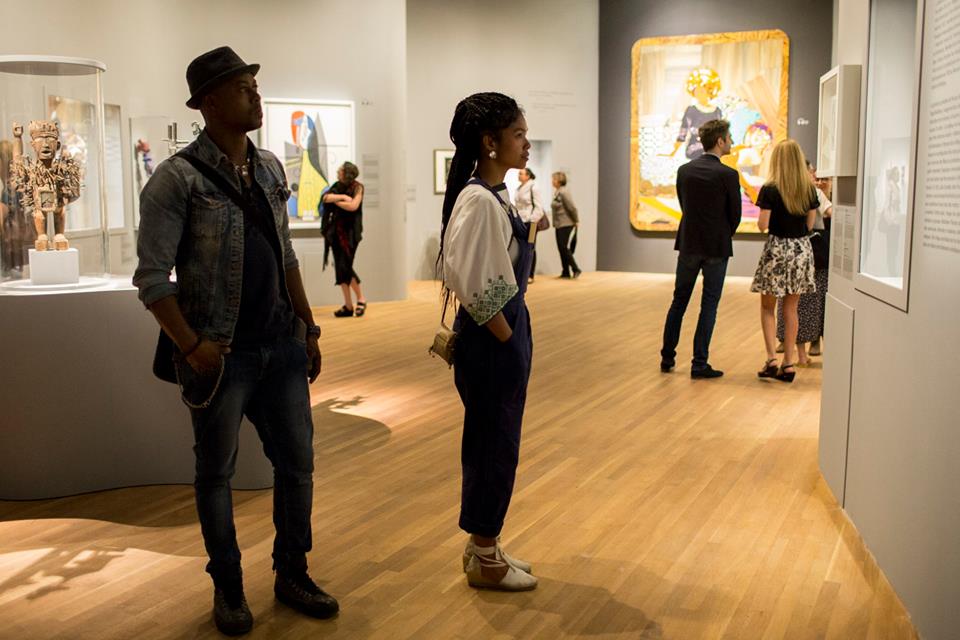Art and Culture
Montreal museum says Picasso ads back online after running afoul of Facebook

It is among the featured works in the museum exhibit, “From Africa to the Americas: Face-to-Face Picasso, Past and Present,” which ends in September. (Photo: Musée des beaux-arts de Montréal/Facebook)
MONTREAL — A museum exhibit ad featuring a painting by world-renowned artist Pablo Picasso was back online Friday after originally being rejected for violating Facebook’s anti-nudity policy, the Montreal Museum of Fine Arts said.
Museum spokeswoman Pascale Chasse said the advertisement was blocked by the company’s ad-review algorithm because it showed Picasso’s painting entitled, “Femmes a la toilette,” which features two nude women.
The artwork, which is drawn in the artist’s cubist style, features two women grooming themselves against a red background.
It is among the featured works in the museum exhibit, “From Africa to the Americas: Face-to-Face Picasso, Past and Present,” which ends in September.
Chasse said her initial reaction to the rejection notice was one of surprise.
“It’s true that there’s some nudity, but it’s in good taste,” she said in a phone interview. “It’s a very important work of Picasso recognized everywhere in the world.”
“How can you be in museums all across the world, but you can’t be on Facebook?”
Chasse said she found the situation slightly funny at first, but eventually contacted Facebook after two different ads were subsequently rejected by the company’s ad-review algorithm.
She was eventually able to speak over the phone to a Facebook representative, and later received an email from Facebook stating that the original ad was being put back online.
Facebook said in a statement it is reviewing its advertising standards in light of the incident.
While Facebook’s advertising standards don’t allow nudity, even in paintings, the company suggested that exceptions could be made for fine art.
“We want to make sure that museums and other institutions are able to share some of their most iconic paintings and (we) are currently reviewing our approach to nudity in paintings in ads on Facebook,” it read.
Chasse said she was satisfied with how Facebook handled the incident, once she was able to finally speak to a human being rather than a machine.
She added that the museum intends to follow up with Facebook to make sure its campaigns, and those of other museums, won’t be affected in the future.





















